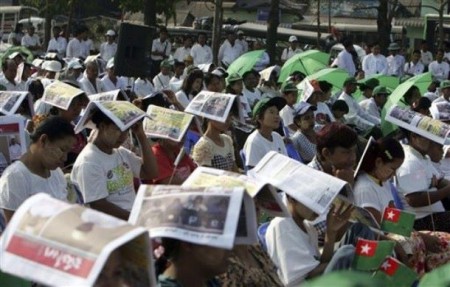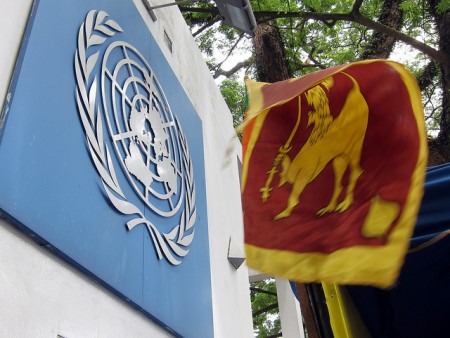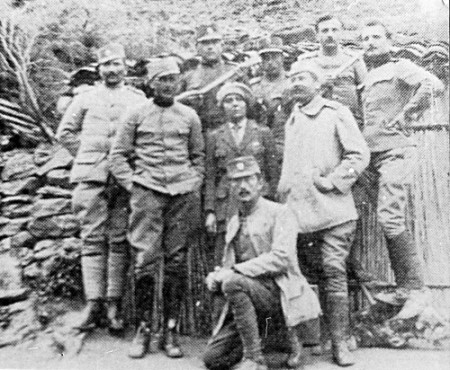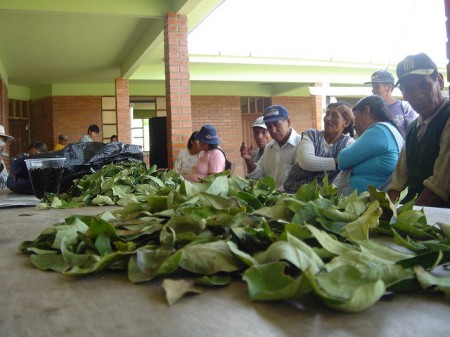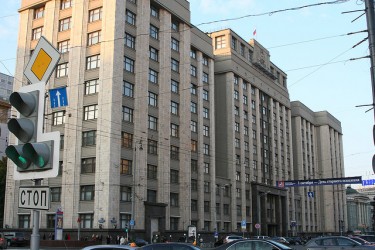
On April 25, 2012 the Russian Duma passed a law [ru] that restored direct gubernatorial elections to Russia’s federal subjects, reversing a policy of direct presidential appointments. The law is one of several concessions President Dmitry Medvedev offered in response to the Bolotnaya Square protests last winter. However, on April 28 Medvedev accepted the resignations [ru] of the Governors of Permskiy Krai and Yaroslavkaya Oblast. These resignations have sparked outrage from opposition bloggers who believe that the Kremlin is reneging on promises to loosen its grip on central power.
The Russian Federation is composed of eighty-three “federal subjects” that are a mix of Republics, Oblasts and Krais with various degrees of autonomy. During the tumultuous decade following the collapse of the Soviet Union some of them gained a large measure of independence. Some, like the Chechen Republic, tried to leave the federation altogether. After becoming President, Vladimir Putin consolidated central authority, a campaign that culminated in 2005 with presidential appointments of hitherto elected federal governors. These appointments were a cornerstone of Putin’s “power vertical” framework, and as such, a return to elections seemed welcome reform.

